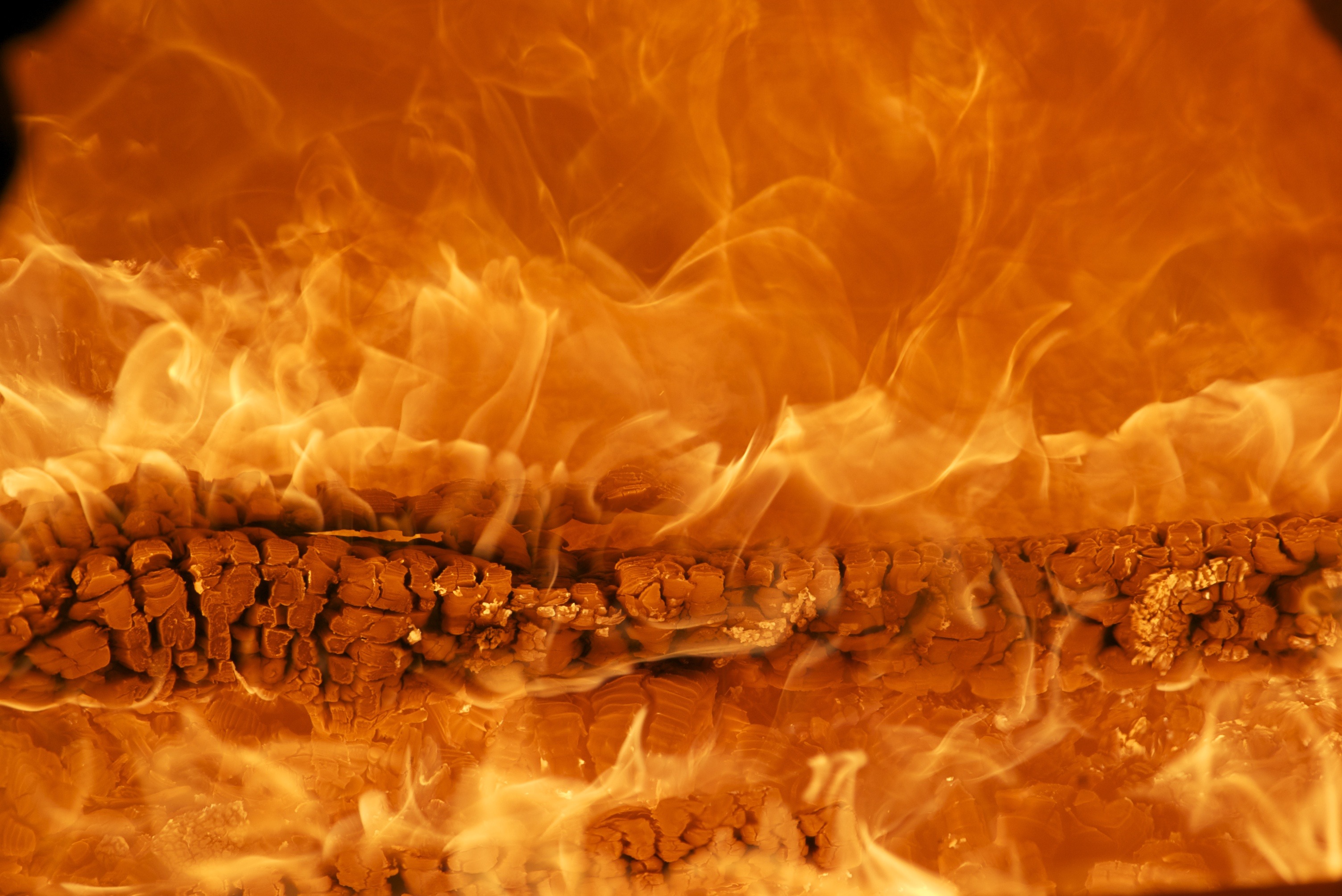Now that fall is setting in for many of us, fires in the wood stove, fireplace, or fire pit are getting fired up. For every cord of firewood burned, a five gallon bucket of ashes will remain. These ashes can be a useful addition to your farm or garden, but there are a few things to consider beforehand.
First off, what is in ash? Wood ash contains mostly calcium carbonate (25-45%), around 10% potash, 1% or less phosphate, and trace elements of iron, manganese, zinc, copper and some heavy metals. These components are mostly in the form of oxides, and may vary depending on the type of wood and the degree of combustion.
The calcium carbonate in ash is extremely alkaline, or has a high pH. Ashes can be used as a liming agent to raise the pH in soils that are acidic. However, because ash is highly soluble in water it can have an immediate effect on soil pH, unlike other liming agents that take a while to break down. Soils that become too alkaline can cause plants to have problems with uptake of certain nutrients. Therefore, it’s a good idea to use ash sparingly, or just as a dusting, when applying directly to soil. Also, wood ash should never be used where seedlings will be planted
According to Purdue University Department of Horticulture and Landscape Department, “Acidic soils (pH less than 5.5) will likely be improved by wood ash addition. Soils that are slightly acidic (pH 6.0 to 6.5) should not be harmed by the application of 20 pounds per 100 square feet annually, if the ash is worked into the soil about 6 inches or so. However, if your soil is neutral or alkaline (pH 7.0 or greater), find another way to dispose of wood ash. If you don’t know your soil’s acidity or alkalinity level, have it tested for pH.”
Below is a list of plants that like a more alkaline soil (pH 7 or greater). If you have ashes to dispose of, use them around any of these:
Asparagus
Juniper
California lilacs
Forsythia
Mock oranges
Spiraea
Hellebores
Clematis
Dianthus
Asian Persimmon
Lavender
Parsley
Okra
Yams
Keep wood ashes away from acid loving plants such these:
Most annual garden vegetables
Blueberries
Rhododendrons
Potatoes
in fact most plants prefer a slightly acidic soil
Other useful things to do with wood ash:
Use it in the outhouse (odor control)
Shine silver
Melt ice and snow
De-skunk a dog
Control pond algae
Repel slugs and snails
This article was written by Emma O’Connell, Founder of Pick-A-Pepper.com.
photo credit
Similar Stories:
- Acidic Soil-Causes, Indicators, Solutions
- Federally Funded Grants for US Farmers
- Soil Blocks for Seed Starting
- Here’s Why You Should Start Using Eggshells In Your Garden
- Five Myths About Food Safety and Home Gardens




